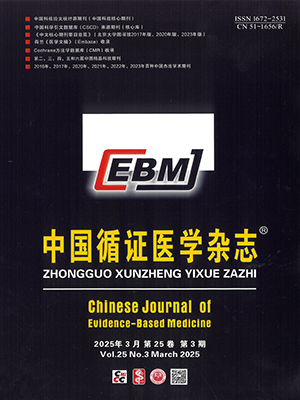Dose-response meta-analysis serves an important role in investigating the dose-response relationship between independent variables (e.g. dosage) and disease outcomes. Traditional dose-response meta-analysis model is based on one independent variable to consider its own dose-specific effect on the outcome. However, for drug clinical trials, it generally involves two-dimensions of the treatment, such as dosage and course of treatment. These two-dimensions tend to be associated with each other. When neglecting their correlations, the results may be at risk of bias. Moreover, taking account of the "combined effect” of dosage and time on outcome has more clinical value. Therefore, in this article, based on traditional dose-response meta-analysis model, we propose a three-dimension model for dose-response meta-analysis which considers both the effect of dosage and time, to provide a solution for the above-mentioned problems in a traditional model.
Citation: XU Chang, LI Ling, JIA Pengli, QI Yana, ZHANG Chao, SUN Xin. Initial investigation of meta-analysis on drug dose-response relationship: a three-dimension model. Chinese Journal of Evidence-Based Medicine, 2017, 17(12): 1478-1481. doi: 10.7507/1672-2531.201704054 Copy
Copyright © the editorial department of Chinese Journal of Evidence-Based Medicine of West China Medical Publisher. All rights reserved
-
Previous Article
How to use meta package in R software to conduct meta-analysis of single nucleotide polymorphism research LIBinghui, WANG Chaoyang, WENG Hong, ZHENG Zhongli, REN Xuequn, ZENG Xiantao -
Next Article
Interpretation of the COMET handbook (version 1.0) and its insight for developing core outcome sets in clinical trials of traditional Chinese medicine QIURuijin, LI Min, HAN Songjie, HE Tianmai, HUANG Ya, CHEN Jing, SHANG Hongcai




